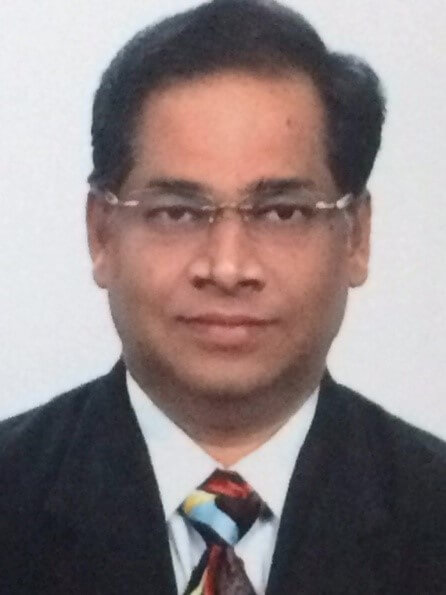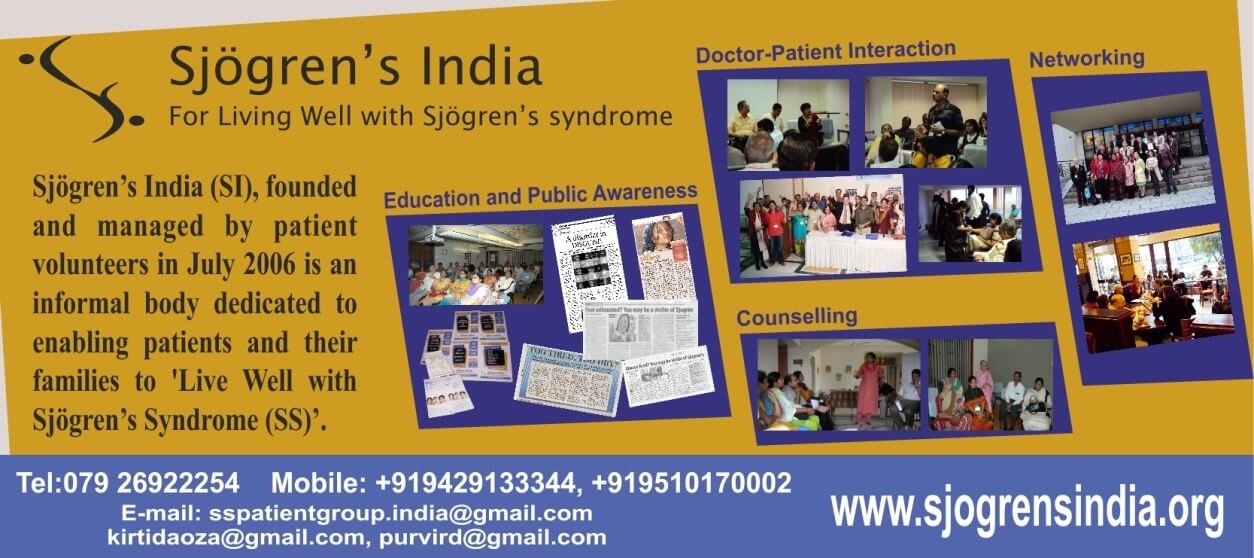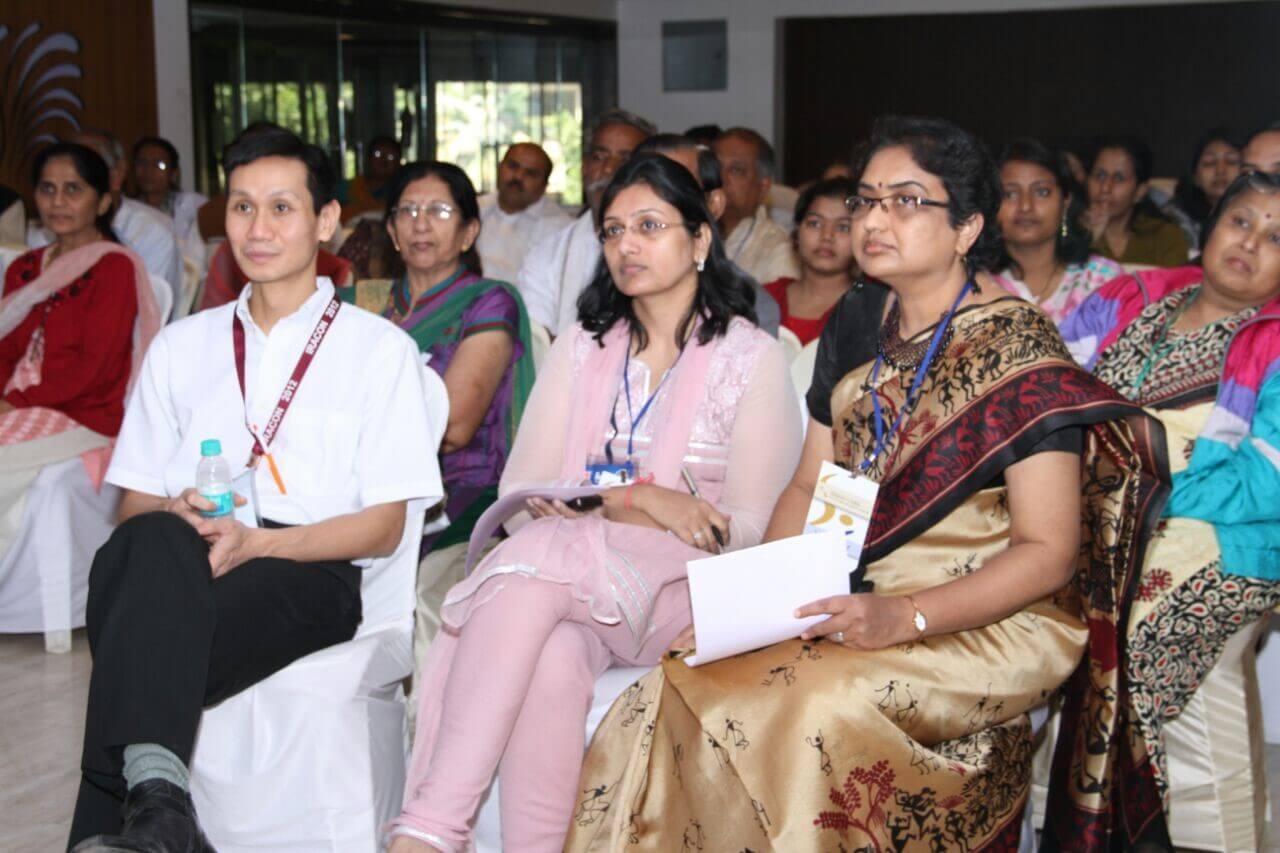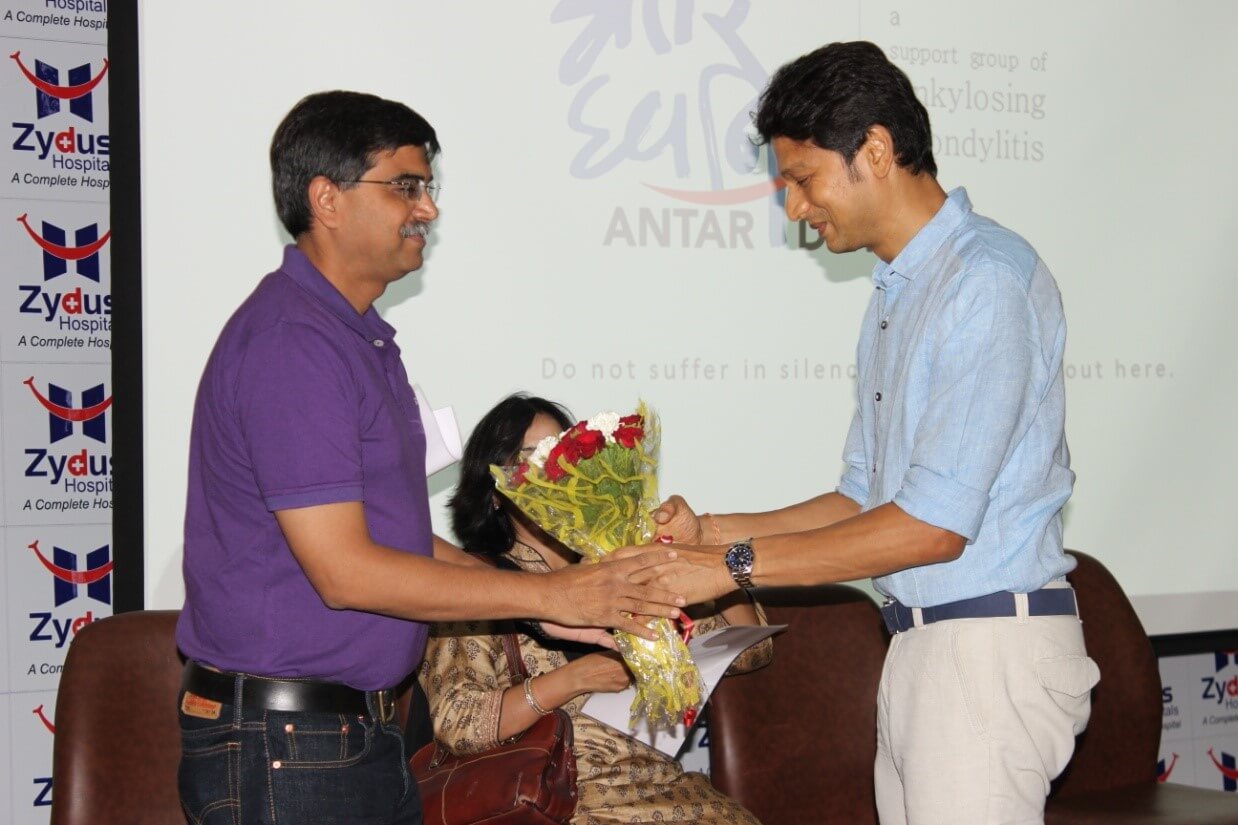Sjögren’s India: In tune with the times
Kirtida Oza, Support group leader
Key findings of a recent (Patient) Behavioural Intent study conducted by the USA based WEGO Health solutions reported that 91% of the total 433 participants from 7 online communities (including RA) said that “online Health Communities influenced Health decisions.” In fact 95% of participants from the RA community said that online communities played an “extremely important role in their health decisions.” When health information is shared by someone ‘Influential’, participants are likely to take action says the WEGO Report.
Recognizing that the Rheumatologist : Patient ratio is abysmally low in India, Sjögren’s India (SI) has been trying to bridge this gap by influencing, ‘educating’ and informally counseling patients and their families for the last ten years. SI volunteers enable patients to understand that chronic illnesses can be better managed with proper treatment, appropriate lifestyle changes and a positive outlook. The fact that we are patients ourselves, who have struggled and learnt to LIVE WELL with our illness strikes a chord and the patient or the family member at the other end is more open and willing to share, listen, makeinformed decisions and take action towards their own well being.
Over the years patient engagement has moved from being extensively face-to-face, (individual, group meetings and formal Patient Education programmes –reaching over 700 people) and personalized telephonic conversations (1800 plus) to interaction through digital platforms which have played a pivotal role in expanding the outreach nationally and internationally. The SI website www.sjogrensindia.org registered over 2700 hits in the last year. Private e-queries sent through the SI website remains the most popular way of seeking answers to personal queries. The SI Facebook page https://www.facebook.com/SjogrensIndia is becoming popular with Facebook messenger being used for personal queries. The Sjögren’s India Members’ What’s up App group (with members from 10 states in India and Oman) is a vibrant community engaged in interaction on personal and general health issues. Most importantly patients and their family members are reassured that they are not ALONE in their suffering and a sense of solidarity, camaraderie and HOPE prevails. Print and audio Educational resources shared individually and through digital platforms and specific e-awareness campaigns during Sjögren’s Awareness month and Sjögren’s Day events have improved awareness among the patient as also the general community. SI has effectively used the professional network LinkedIn https://www.linkedin.com/in/sjogrensindia to enhance interaction with the medical community. Through this platform, SI is connected with 500 plus Rheumatologists, Patient Support groups, Pharmaceutical companies and patients in over 40 countries. As a member of the International Sjögren’s Network (ISN), SI regularly interacts with patient communities across the globe.
Today. Sjögren’s India is recognized as a ‘Patient Leader’ and a positive ‘Patient Influencer’. However, support from Rheumatologists across India is necessary to help SI reach out to a larger patient pool and make a significant difference towards reducing the disease burden. We hope you will encourage your patients to reach out to us and learn to LIVE WELL with their illness.
https://www.facebook.com/SjogrensIndia
https://www.linkedin.com/in/sjogrensindia
Activities of Lupus Initiative, Kolkata
Lupus Initiative is a voluntary organization formed for fostering interaction and disseminating information amongst patients with lupus (Systemic Lupus Erythematosus), their family, and health care providers or doctors caring for such patients to ‘create a common platform for patients and their caregivers’.
In continuation of earlier activity, a National Conference on SLE was organised at Kolkata on 14 January this year with faculties and delegates from across India. It started with case presentation by postgraduate and postdoctoral students. There were discussions covering different aspects like hematology, dermatology, nephrology, neurology, pregnancy issues as well as co-morbidities in lupus.
Regarding patient related activities, World Lupus day was celebrated on 10 May this year at SSKM Hospital with over 200 patients and their relatives attending the meeting. The meeting was graced by the director and the vice principal of the institute. Dr Subir Dutta, Dr Sukumar Mukherjee, DrAlakendu Ghosh and Dr Samar Ranjan Pal were on the dais. Identity cards were distributed to patients and there were proposals of help by the hospital authority as well as some private health care facilities. There were some discussions on SLE and concerns of patients.
Antardhwani : AS support group
Antardhwani is a patient support group that spreads awareness about Ankylosing Spondylitis (AS) and helps patients manage this condition and live a better and healthier life. It was founded on 1st Nov, 2014 by Mr Pranit Banthia, its CEO.
Antardhwani helps patients connect, learn, and share with each other, as well as physicians, about their experiences in managing the disease and its symptoms. We organize events, workshops, and seminars that focus on exercises, diet, and other forms of treatment for AS patients. The organization coordinates and interacts with local, interstate, and international AS and “peer support groups” including participation in their events and activities. Antardhwani is currently investing in research and preparing database of Indian patients to learn about the extent of AS amongst Indian population and effectiveness of treatment options in Indian circumstances.
Antardhwani has currently about 1,000 patients across India; recently 250 patients attended a free checkup camp and consultation about their individual conditions. The group members enjoy discounts for their regular blood checkups from participating pathology labs in their cities.
Apart from doctors who are part of the panel from Ahmedabad, the organization gets continuous support from rheumatologists across India. It is working with few rheumatologists from US and UK as well, so they can assist through online video conferencing. Antardhwani will remain dedicated to ease the path for everyone suffering from AS, and it hopes that with advances in medical science, someday AS support groups will no longer be needed!
A survey was conducted among patients who are on treatment for Rheumatoid arthritis at a Rheumatology centre. Fifty patients who were on conventional DMARDs for more than a year were interviewed and their responses to the following question were recorded and analysed
Question
What makes you worried while taking medicines for your arthritis?
Out of 50 patients 14 patients said they are worried about the chronicity of the therapy, 10 patients said it is the side effects which make them worried. Nine patients said it's the persistent pain .Six patients were worried about the frequency of drug administration. Six patients were not worried about anything while continuing the medicines. Only 5 patients were worried about the cost of the treatment.
From these views we can infer that the cost is the least concern for most of the patients.
With the conventional DMARD use we still have around 20 % of our patients not responding to the medicines .Hence the most worrying things like chronicity and persistent pain may be taken care of by using the biologics or Biosimiliars if they are marketed at an affordable price.

Dr.ArulRajamurugan MD.,DM.,
Consultant Rheumatologist
Madurai Arthritis and Rheumatism Centre
Madurai,Tamilnadu,India.
An eye for an ‘eye’
I am Malini Goswami, a12 year old girl from Bilaspur, Chhatisgarh. I had pain in my eyes due to which I could not see properly and could not study. We consulted an eye specialist for the same and he diagnosed it as infection due to dust and weather and he gave some medicines. Despite repeated medicines and follow up I had no improvement in my symptoms. Then, I started getting high fever and pain in the knee joints so much so that I was unable to walk. I was falling ill and my parents then took me to our family doctor but he too couldn’t recognize my problem and sent us to another eye specialist. This doctor suggested same diagnosis and called daily for dressing and medicines buts there was no improvement and after repeated consultations with different eye specialists we decided to get to a bigger city like Delhi, Mumbai or Hyderabad.
Next day we went to Hyderabad for my treatment where we consulted a famous eye specialist. He suggested seeing a rheumatologist for my joints and eye problems. Some fresh blood report were done and I was told to have a rheumatic disease after the results arrived.
The disease ( primarySjogren’s), I was told, generally occurred at age of 60-70 but I got it at age of 12yrs. It is a furious disease.
The rheumatologist doctor gave me different medicines with which I got some relief and my joint pains and fever was much better from it. Eyes are also much better with eye drops and gel prescribed by eye specialist.
2 months later, now, I can see everything clearly, I can study my books and can go to school myself.
I never thought I would be able to go to school and continue my studies. It’s all happened because of my lovely parents, lovable relatives, family members, friends and of course, the specialist doctors.
Now I think we should have gone to Hyderabad earlier so that I would not have had to suffer so much.
DrJugal Kishore, Hyderabad
Primary Sjogren’s is not that common in children. And hence this was an exceptional case. But the purpose of putting it up here is to validate the famous saying ‘the eyes see what the mind knows’. Due to dearth of rheumatologists at rural/semi-urban localities patients have to suffer a lot – on occasion even lose vital organ functions. And therefore the need to spread awareness by periodic CMEs, include rheumatology/ immunology – at least the screening part in UG/PG medicine, help patients become aware of their problems through supporting the support groups and for organisations like the IRA, to conduct camps or send volunteer rheumatologists/trainees to these less privileged areas so that management can be started before damage sets in. For the same We need to have an eye for this ‘eye’.



















